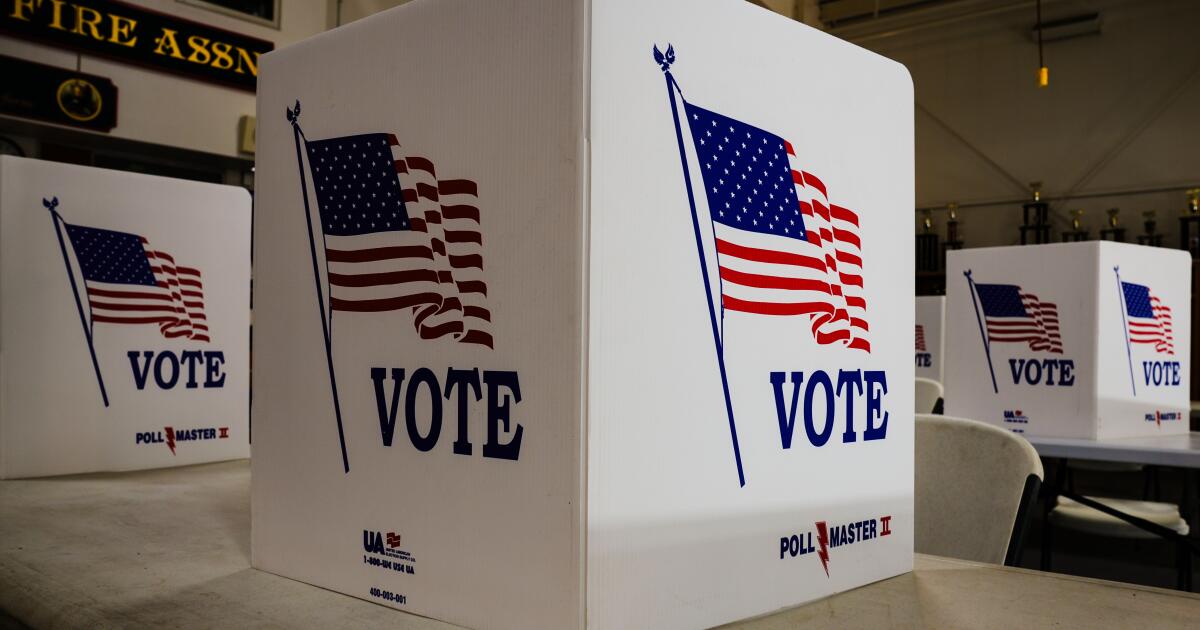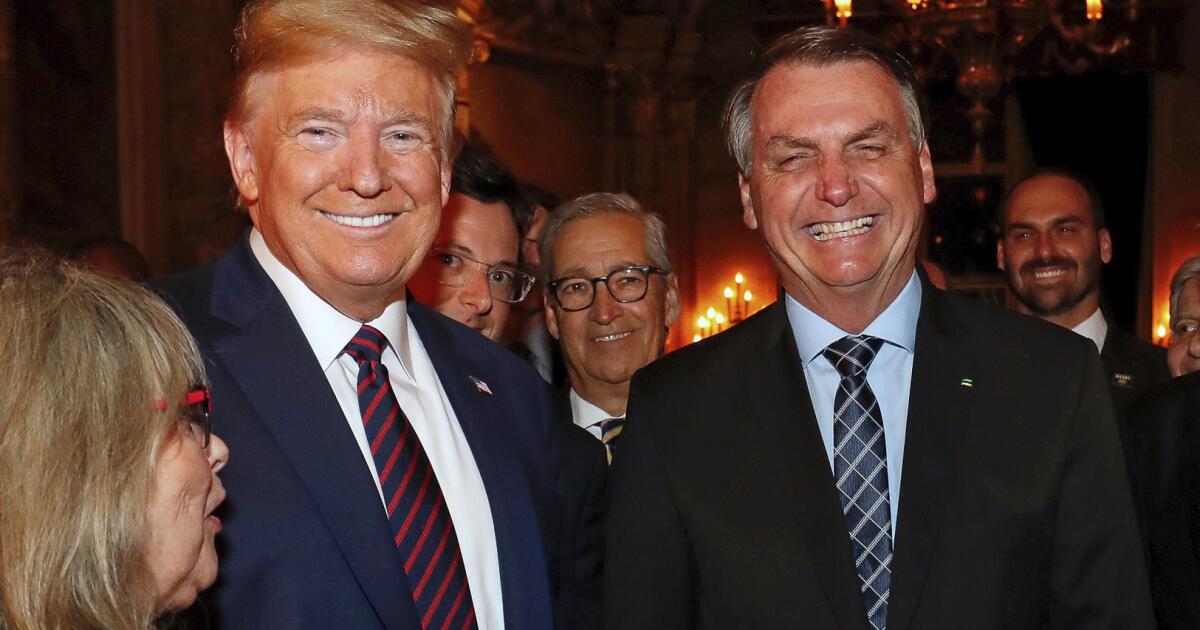7 charged in 2024 Pennsylvania voter registration fraud that prosecutors say was motivated by money
HARRISBURG, Pa. — A yearlong investigation into suspected fraudulent voter registration forms submitted ahead of last year’s presidential election produced criminal charges Friday against six street canvassers and the man who led their work in Pennsylvania.
The allegations of fraud appeared to be motivated by the defendants’ desire to make money and keep their jobs and was not an effort to influence the election results, said Pennsylvania Atty Gen. Dave Sunday.
Guillermo Sainz, 33, described by prosecutors as the director of a company’s registration drives in Pennsylvania, was charged with three counts of solicitation of registration, a state law that prohibits offering money to reach registration quotas. A message seeking comment was left on a number associated with Sainz, who lives in Arizona. He did not have a lawyer listed in court records.
The six canvassers are charged with unsworn falsification, tampering with public records, forgery and violations of Pennsylvania election law. The charges relate to activities in three Republican-leaning Pennsylvania counties: York, Lancaster and Berks.
“We are confident that the motive behind these crimes was personal financial gain, and not a conspiracy or organized effort to tip any election for any one candidate or party,” Sunday said in a news release. Prosecutors said the forms included all party affiliations.
In a court affidavit filed with the criminal charges on Friday, investigators said Sainz, an employee of Field+Media Corps, “instituted unlawful financial incentives and pressures in his push to meet company goals to maintain funding which in turn spurred some canvassers to create and submit fake forms to earn more money.”
The chief executive of Field+Media Corps, based in Mesa, Ariz., said last year the company was proud of its work to expand voting but had no information about problematic registration forms. A message seeking comment was left Friday for the CEO, Francisco Heredia. The Field+Media Corps website did not appear to be operative.
Field+Media was funded by Everybody Votes, an effort to improve voter registration rates in communities of color. The affidavit said Everybody Votes “fully cooperated” with the investigation and noted its contract with Field+Media prohibited payments on a per-registration basis.
“The investigation confirmed that we hold our partners to the highest standards of quality control when collecting, handling and delivering voter registration applications,” Everybody Votes said in a statement emailed by a spokesperson.
Sainz, who managed Pennsylvania operations from May to October 2024, is accused of paying canvassers based on how many signatures they collected. The police affidavit said Sainz told agents with the attorney general’s office earlier this month he was unaware of any canvassers paid extra hours if they reached a target number of forms.
“Sainz had to be asked the question multiple times before he stated he was not aware of this and that ‘everyone was an hourly worker,’ ” investigators wrote.
One canvasser said she created fake forms to boost her pay and believed others did, too, according to the police affidavit. Another told investigators that most of the registration forms he collected were “not real.” A third reported that when she realized she was not going to reach a daily quota, “she would make up names and information,” police wrote, “due to fear of losing her job.”
The investigation began in late October 2024, when election workers in Lancaster flagged about 2,500 voter registration forms for potential fraud. Authorities said they appeared to contain false names, suspicious handwriting, questionable signatures, incorrect addresses and other problematic details.
In a separate but related investigation, authorities in Monroe County late Friday filed voter registration fraud charges against three canvassers who worked for Field+Media Corps last year. All three defendants were charged with forgery, perjury, unsworn falsification, tampering with public records, identity theft and election law violations.
The suggestion of criminal activity related to the election came as the battleground state was considered pivotal to the presidential election, and then-candidate Donald Trump seized on the news. At a campaign event, he declared there was “cheating” involving “2,600” votes. The actual issue in Lancaster was about 2,500 suspected fraudulent voter registration forms, not ballots or votes.
Scolforo writes for the Associated Press.

